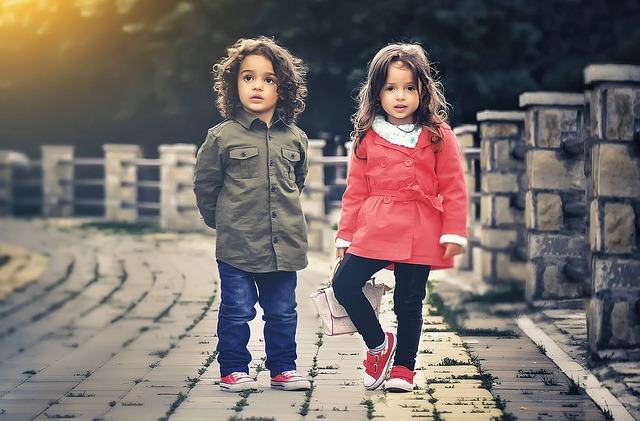Influence of Likes and Rewards on Children's Self-Esteem on TikTok
The Impact of Likes and Rewards on Children's Self-Esteem: Exploring the TikTok Phenomenon
Promoting digital well-being is crucial for parents to ensure their children develop healthy tech habits. Firstly, setting limits on screen time is essential. Encouraging physical activities and face-to-face interactions can help balance the use of technology. Monitoring and discussing online activities with children is also important to ensure their safety and guide them towards responsible internet use. Teaching them about online privacy, cyberbullying, and the importance of digital etiquette is crucial. Additionally, parents should lead by example and limit their own screen time. Open communication and creating a safe online environment are key to supporting healthy tech habits.



